
Future of Medicine
Advertisement
A study aimed to assess RIPK3 inhibition in acute glaucoma using AI.
A groundbreaking study has demonstrated that artificial intelligence can enhance breast cancer detection rates by almost 20%.
Researchers have developed a novel blood test that can diagnose a heart attack within minutes.
An AI-based tool demonstrated superior performance in the diagnosis of head and neck squamous cell carcinoma.
Dr. Harsha Rajasimha discusses how Jeeva Clinical Trials aims to revolutionize global cancer research.
Dr. Ted Kung discusses the RESTORE Neuromuscular Interface System for patients with upper limb loss.
Alister Campbell, of Dotmatics, details how artificial intelligence is changing the drug discovery process.
Dr. Chadi Nabhan delves into the realm of AI and its impact on drug development with Dr. Adam Petrich.
A machine learning-powered analysis of Google Street View shows how environment impacts risk of major adverse cardiac events.
Stacy Stephens explains how autonomous security robots are boosting surveillance and communication in hospitals.
A novel drug called FB1006, fully discovered and developed using AI, may effectively treat ALS.
Ischemic stroke survivors who received care recommendations from an AI-based system had fewer secondary strokes.
Gore Medical announced the first-ever implantation of the GORE TAG Thoracic Branch Endoprosthesis in a patient in Europe.
Nursing care is an area where human-robot collaboration will become increasingly important.
Researchers developed a contact lens that can potentially diagnose glaucoma by detecting changes in eye pressure.
DermaSensor announced this week that the US FDA cleared its AI-based handheld device for detecting skin cancer.
Dr. Harsha Rajasimha, Founder and CEO of Jeeva Informatics, talks about improving investigator-initiated trial enrollment.
An intensive telemonitoring strategy based on automated text messaging may benefit patients recently hospitalized due to HF.
Michael Navin, founder and CEO of Peek, talks about his company, which revolutionizes shopping for prescription drugs.
James K. Min, MD, founder and CEO of Cleerly, talks about improved screening for heart disease using a digital care platform.
Advertisement





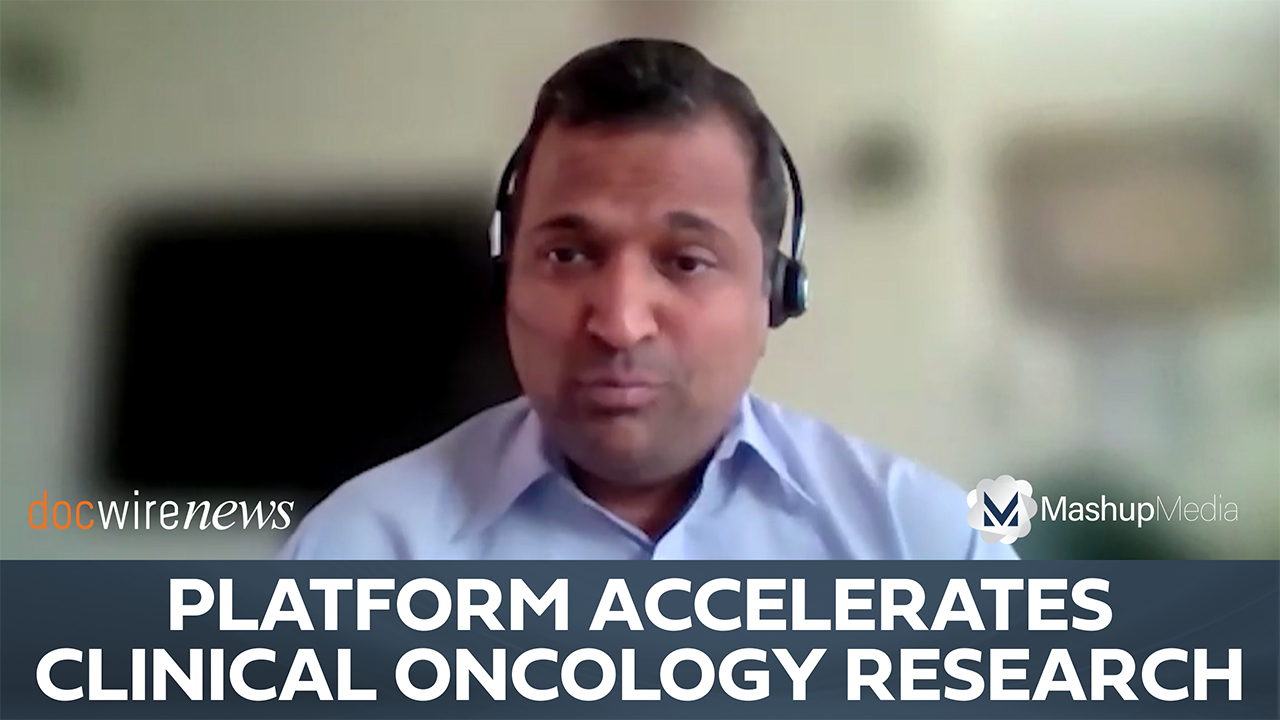
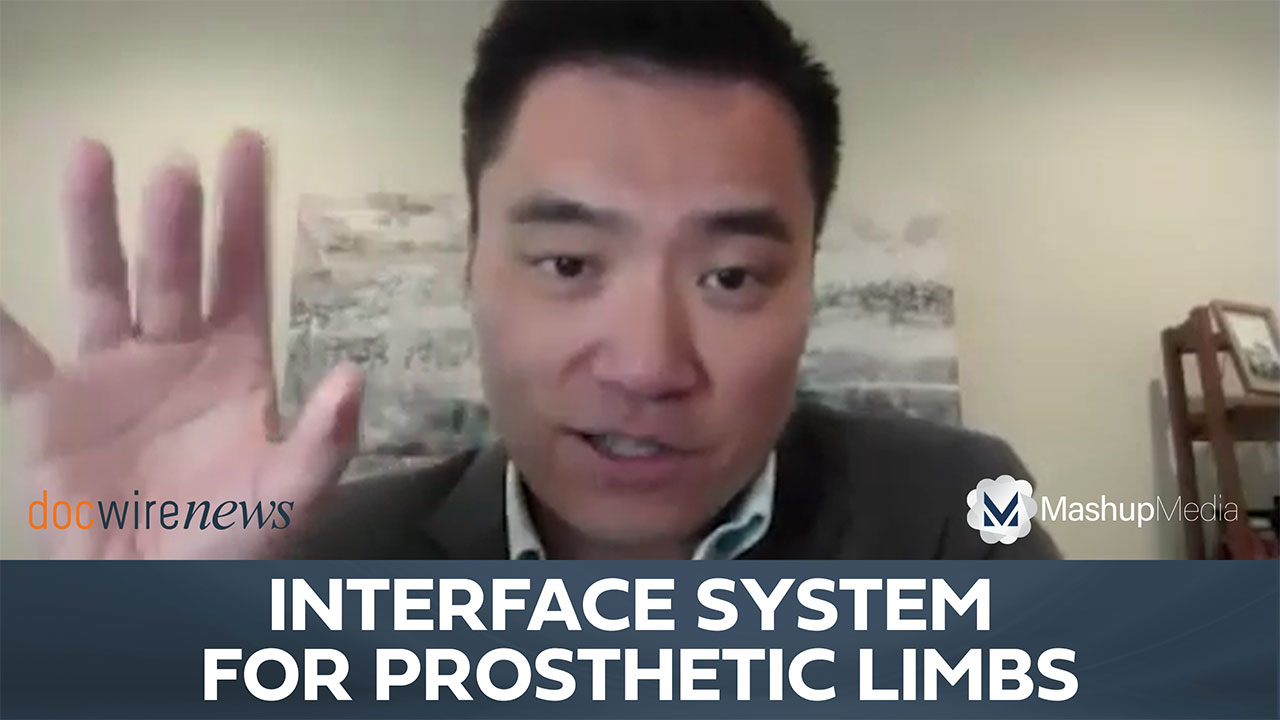
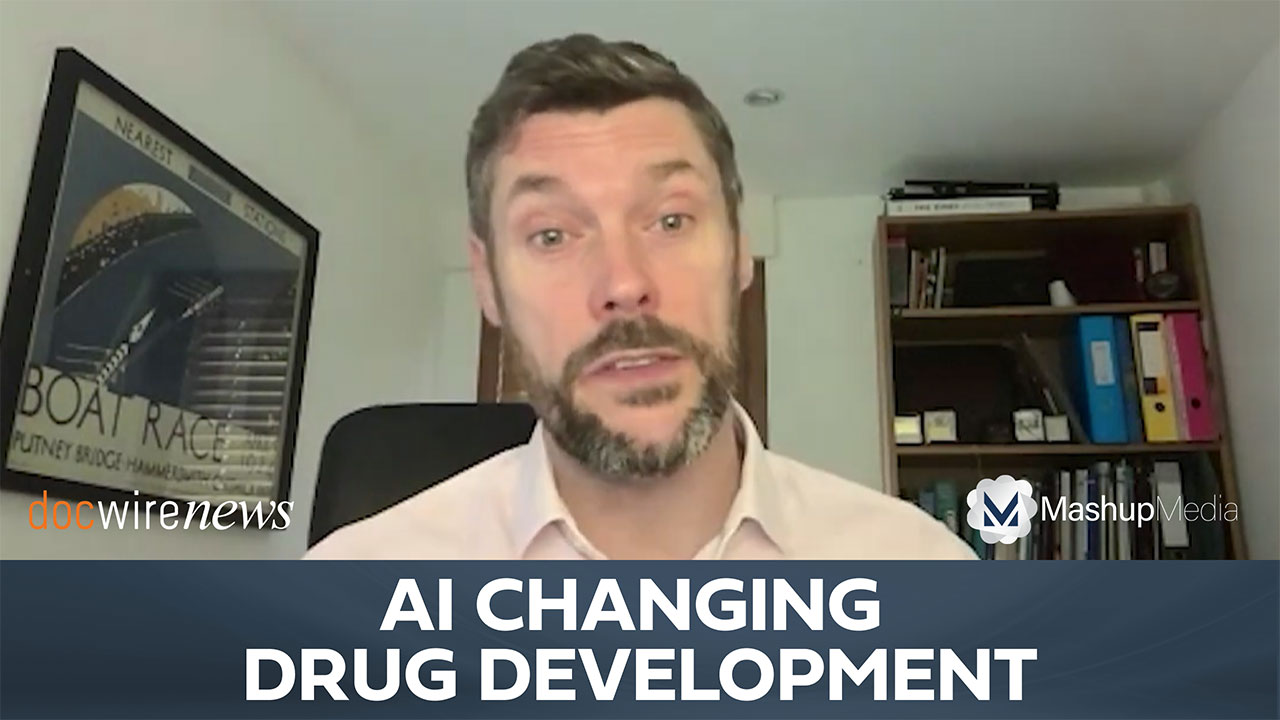


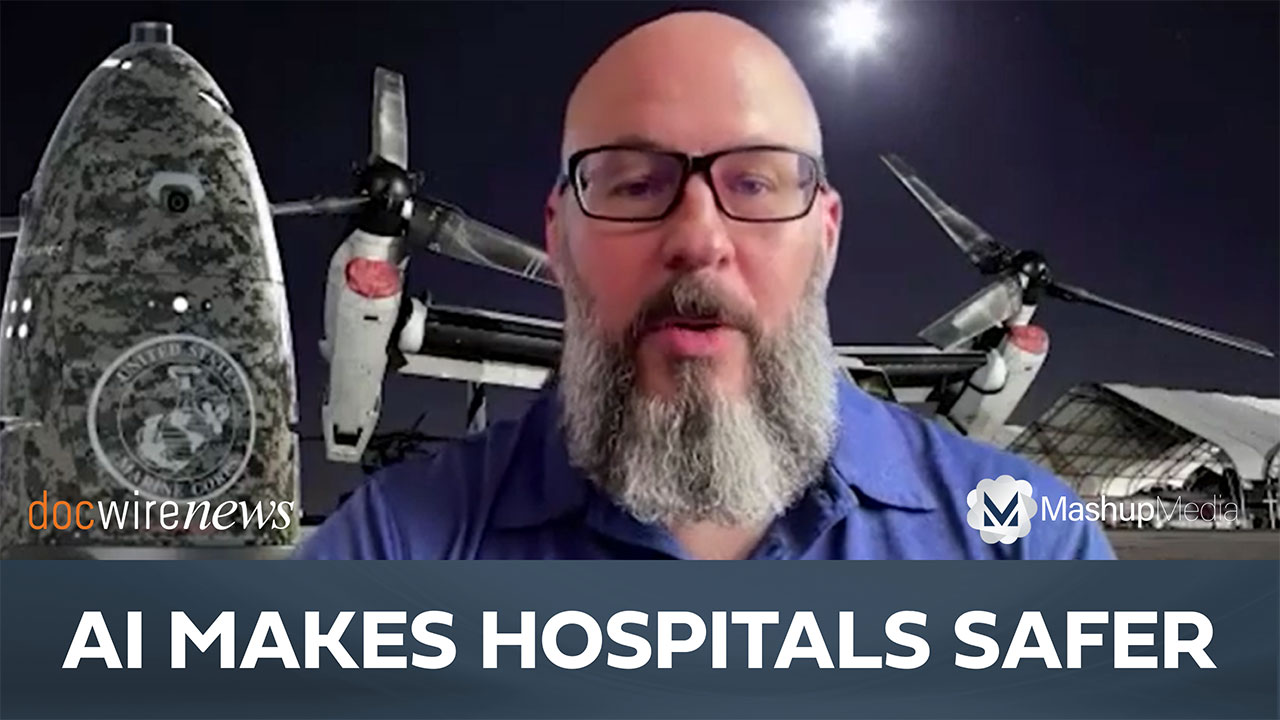






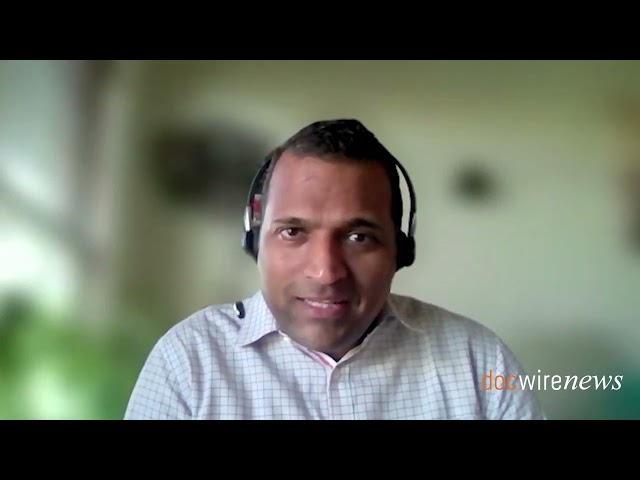
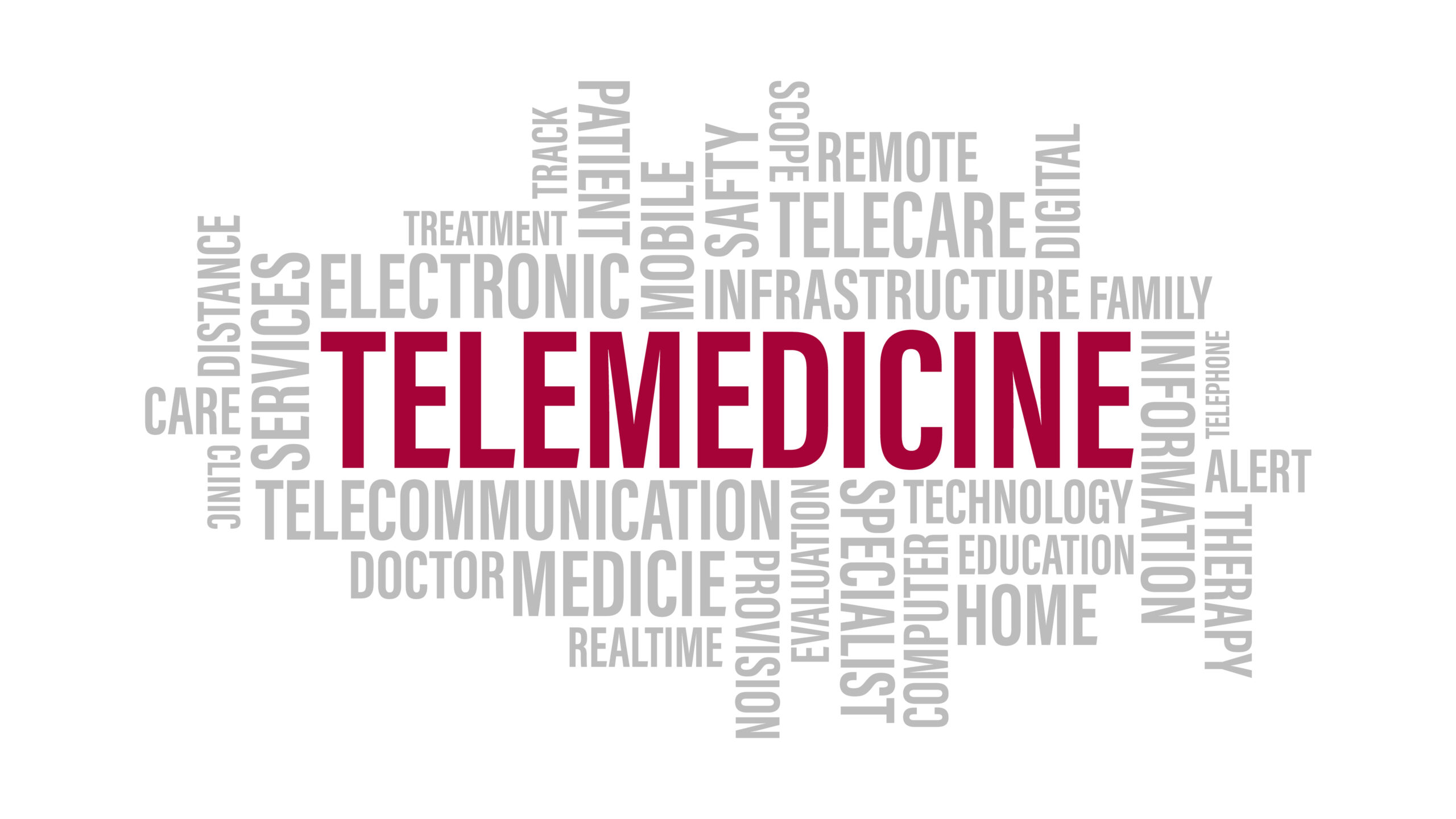

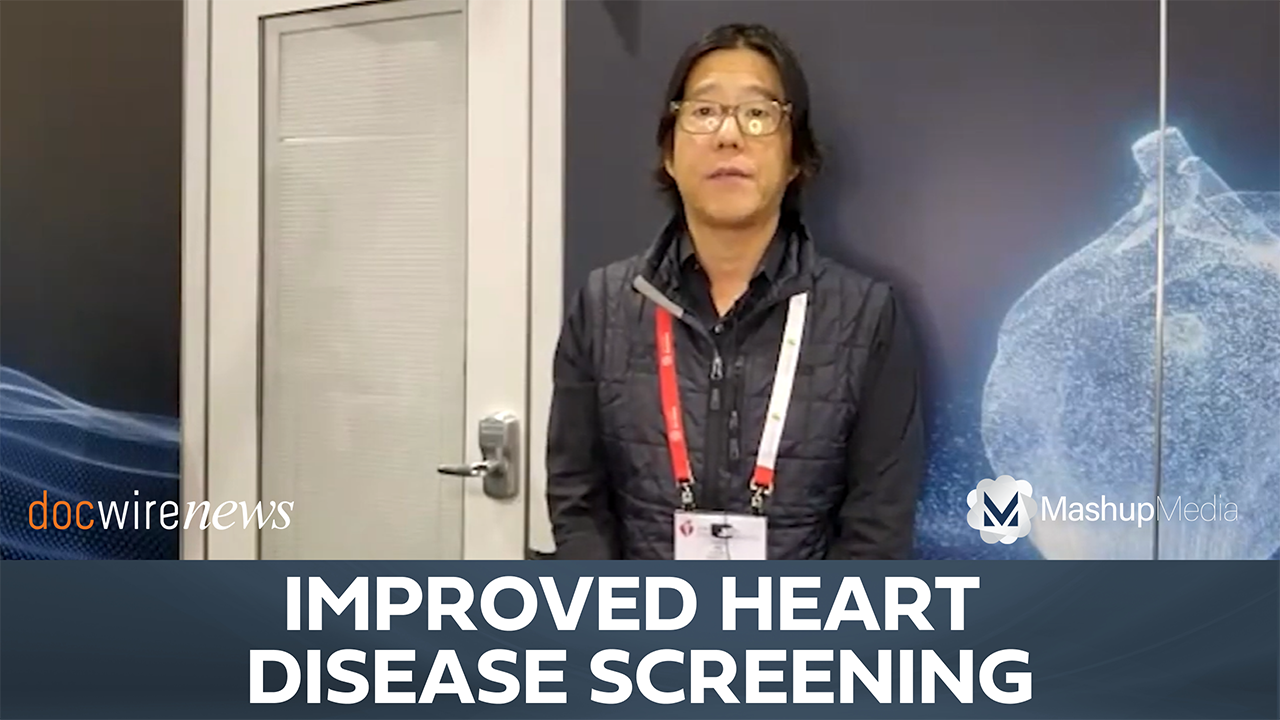

 © 2025 Mashup Media, LLC, a Formedics Property. All Rights Reserved.
© 2025 Mashup Media, LLC, a Formedics Property. All Rights Reserved.